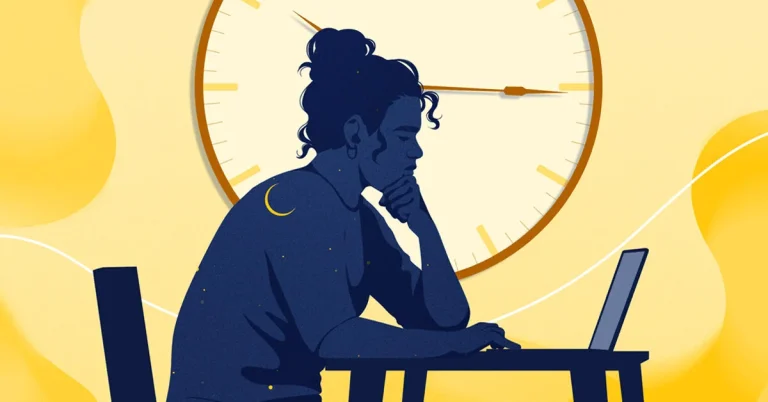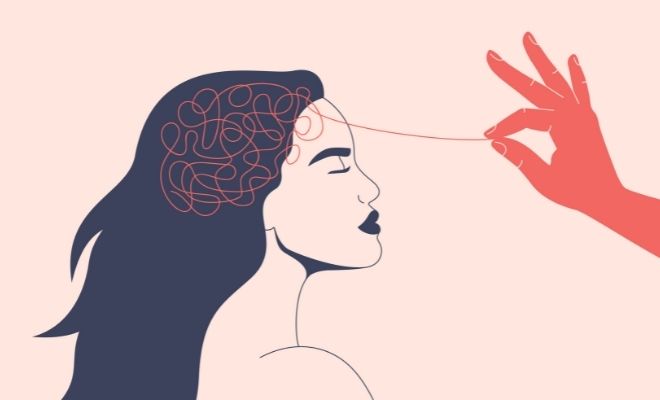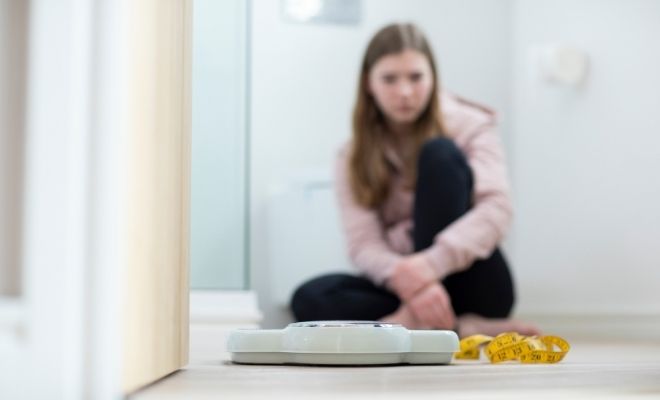We are always looking for an explanation for our behavior and that of others. Attitudes that we do not understand, inexplicable reactions or responses that we could not imagine are the result of a disorder such as anxiety. We do not want to justify all those behaviors that constitute a lack of respect towards others, but we do want to give them a reason.

Some reactions that are observed both physically and psychologically and that are often confused with the symptoms of anxiety. Avoiding anxiety reactions requires treatment such as cognitive therapy and a lot of reflection. But before we can combat these problems, we need to identify them. We tell you the reactions due to anxiety.
The most visible anxiety reactions
One of the reactions due to anxiety that worries us the most, because of what it means in our relationship with others, is anger, irritability that can even lead to aggressiveness. Anxiety disorder is identified with constant nervousness that logically produces great irritation. It is, above all, the misunderstanding of our condition by others and by ourselves that makes us behave aggressively.
Obsessive and compulsive behaviors are also very evident. These are needs that the anxiety disorder creates and that can interfere with our daily lives. Actions such as scratching or rubbing any part of the body, washing hands continuously or checking over and over again if we have closed the door or turned off any light are the most frequent reactions.
With nerves on the surface, any circumstance or even conversation can cause us to cry. And it is that anxiety disorder is closely related to anguish and fear. The impotence of crying for any reason and at any time usually also generates a lot of insecurity.
Unseen Anxiety Reactions
But anxiety also causes reactions in our behavior, in our way of acting, which is less obvious, which cannot be seen with the naked eye and which others cannot always detect. We are not referring to that fearful attitude in which we find ourselves after a prolonged period of anxiety.
Fear and insecurity can paralyze us; prevent us from making any decision, so our lives are filled with passivity. An internal passivity of not daring to take any step that contrasts with the hyperactivity that is observed on a physical level. Lack of concentration is also very characteristic of anxiety, with all our thoughts distorted and flowing without order in our mind.
Other anxiety reactions are part of the anxiety disorder process itself. Anxiety attacks, panic attacks or phobias, which can be as contradictory as agoraphobia and claustrophobia, are some of the anxiety reactions to take into account and that need treatment as soon as possible.






